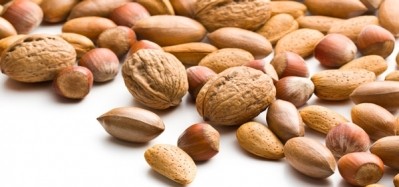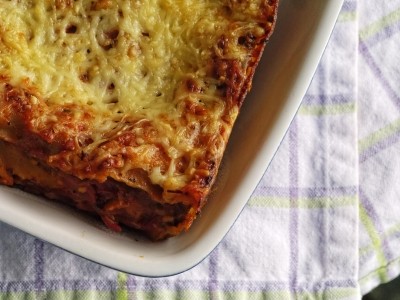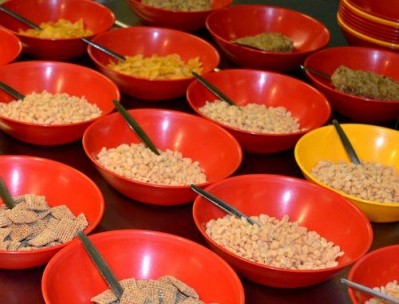‘Kill-joy’ school bans birthday cakes

Norbreck Primary Academy in Thornoton-Cleveleys apologised for being a “kill-joy” when it announced the ban in a recent newsletter.
The decision was made to prevent children bringing cake to school to celebrate birthdays over fears that a child could be fed an ingredient they were allergic to, Norbreck Primary Academy’s headteacher Mrs K McCarter wrote in the newsletter.
“I hate to be a kill-joy but we have decided that it is no longer possible for children to bring birthday cakes to school,” she said.
Ingredients in the cake
“There are many reasons for this, some of them serious. As we are not able to account for the ingredients in the cake, we could therefore unknowingly give a product to a child to which they are allergic.”
Even if the school had a list of ingredients, in a busy school day, it is too much to expect teachers to read ingredient lists and then decide who can and who cannot eat products, she added.
“Any cakes sent into school for birthdays or other reasons will be sent home uneaten,” she wrote.
“I appreciate that this is sad, but in our modern society in which we are held accountable, we cannot take the risk. Many thanks for your understanding and compliance with this.”
Earlier this month, Sainsbury’s director of brand Judith Batchelar claimed schools were failing to provide children with essential information about food, following the removal of the food A level from the curriculum.
Little information in schools
Batchelar told the Oxford Farming Conference that children were being provided with little information to look after themselves, including healthy eating.
She also called for reformulation of food and drink to help tackle the UK’s growing obesity epidemic.
Meanwhile, food manufacturers said they were worried efforts to reduce salt levels in cheese could lead to increased bacterial growth and increase histamine levels.
Histamine, which forms when cheese is ripening, is known to cause food poisoning and is found in cheddar cheese which is currently served in many schools, the European Food Safety Authority claimed.















